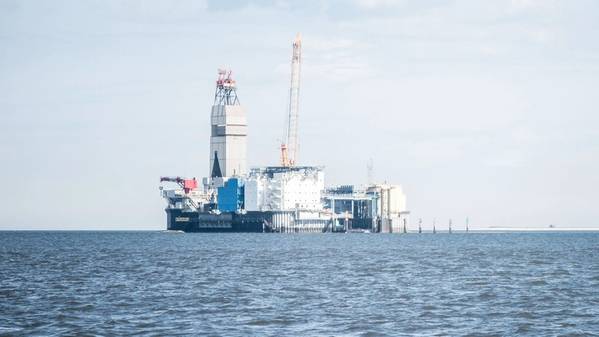
German oil company Wintershall Dea has said it has switched the power supply to the Mittelplate Drilling and Production island in the Schleswig-Holstein Wadden Sea National Park in Germany to "100-percent certified electricity from renewable sources."
Previously, the electricity needed on Mittelplate was primarily generated using a turbine on the island that was driven by the associated gas extracted along with the crude oil. Wintershall Dea is stopping power generation using the gas turbine and will now get all its power from the mainland, exclusively from renewable sources.
According to the oil company, this makes Mittelplate the first oilfield in Germany to be produced solely with "green" electricity.
"Through an innovative technological approach, we were able to stop generating electricity with a gas turbine and switch to green electricity from shore. Hereby we save up to 36,000 tonnes of CO2 annually and significantly reduce our ecological footprint in this sensitive natural environment,” said Wintershall Dea’s Chief Technology Officer Hugo Dijkgraaf:
According to Wintershall DEA, in terms of direct emissions, in 2018 the international oil and gas industry emitted on average 17.4 kg CO2 per barrel of oil equivalent produced.
"By comparison, Mittelplate emitted just 3.6 kg CO2 per barrel of oil equivalent in 2019. Even better: as a result of measures such as shutting down the turbine and changing power supply, Wintershall Dea expects to emit only 0.4 kg per barrel of oil equivalent in 2021," Wintershall Dea said.
“The use of green electricity is an important step in an ongoing process towards achieving even greater ecological sustainability and environmental protection – and it won’t be the last,” stressed Dirk Warzecha, Head of Wintershall Dea’s Business Unit Germany, at today’s symbolic switch event on the dyke in Friedrichskoog.
Warzecha also announced that by 2021, Wintershall Dea will switch all the production locations in Germany to certified electricity generated from renewable sources.